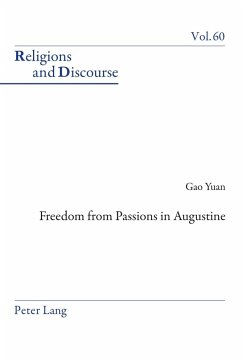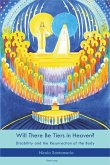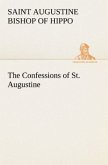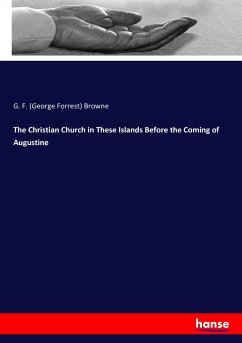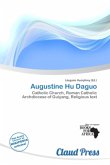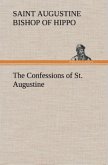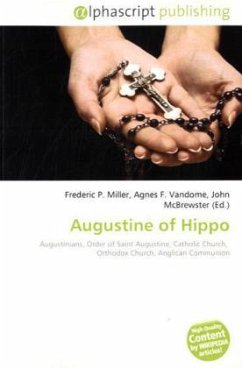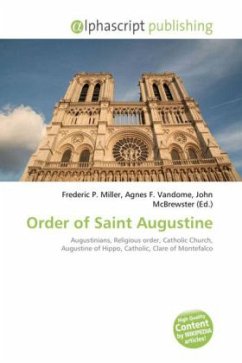This book presents the first systematic study of Augustine's insights into passions as well as his approach to the therapy of emotions and their sanctification. Analysing various phases of Augustine's writings, this work explores the systematic structure of Augustine's tenets on emotions and on freedom from passions. The general context is Augustine's philosophical and theological convictions on the issue of amor sui and amor Dei. Based upon a detailed analysis of original Latin texts and a critical examination of recent research, the author demonstrates how the language and conception of passions are tightly linked with Augustine's developing views of the philosophical paradigm of emotions and his later theological disputes with schismatics and heretics. In offering a comprehensive account of freedom from passions in Augustine's theological anthropology, this book makes a creative contribution to his understanding of the moral psychology of passions in social and political dimensions and the idea of the deification of emotions.
Bitte wählen Sie Ihr Anliegen aus.
Rechnungen
Retourenschein anfordern
Bestellstatus
Storno

